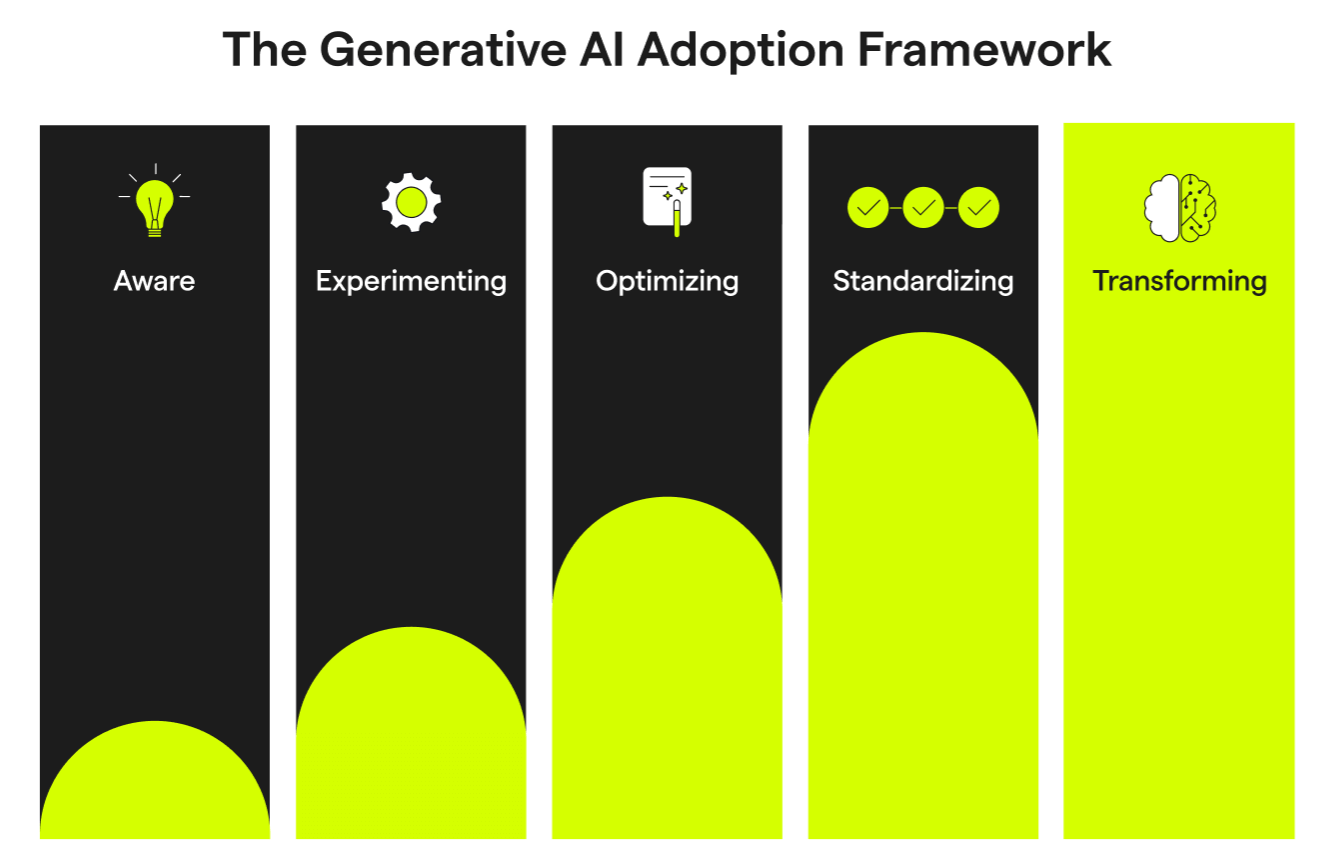Can Trump fire Fed chairman Jerome Powell? This question lingers not only in Washington but also across global financial markets, as President Trump has often expressed dissatisfaction with the Federal Reserve’s monetary policy under Powell’s leadership. Since Powell’s appointment in 2017, their relationship has been tumultuous, with Trump publicly criticizing the Fed for not aggressively cutting interest rates to spur economic growth. The potential for a Trump Fed chairman removal has raised red flags among market analysts, who fear that such an upheaval could threaten the independence of the Federal Reserve, an institution designed to operate free from political influence. With Trump’s hints at ousting Powell before the end of his term, the implications could reverberate through economic stability and market reactions, as stakeholders remain cautious about the future of U.S. monetary policy.
The ongoing discourse surrounding Trump’s authority to dismiss the Federal Reserve chairman raises myriad concerns about executive power and the stability of financial systems. As speculation swirls regarding Trump’s capability to approve a Federal Reserve chair ousting, analysts and lawmakers alike are questioning the long-term implications of such an action. The relationship dynamics between President Trump and Powell highlight significant concerns for market watchers, particularly with regards to the potential effects on Fed independence and inflation management. Discussions on this topic have become increasingly pertinent, especially in light of Trump’s past tariffs and economic initiatives. A potential shake-up in the leadership of the Federal Reserve could trigger considerable market reactions, fostering anxiety over the future direction of U.S. economic policy.
Trump’s Authority Over the Federal Reserve Chair
Can Trump fire Fed chairman Jerome Powell? This question has become increasingly pertinent as President Trump has expressed frustrations with Powell’s handling of monetary policy. Trump’s occasional public criticisms of Powell signify a complicated relationship that cannot be overlooked. While the Federal Reserve Act provides guidelines for the appointment of the Federal Reserve Chair, the nuances surrounding a president’s authority to remove the chair are less clear. Legal experts are divided on whether the president possesses the power to remove Powell, considering that the Federal Reserve operates as an independent agency designed to insulate monetary policy from political pressure.
The implications of such an action are significant. It raises concerns about the independence of the Federal Reserve, a critical institution tasked with maintaining economic stability. Analysts warn that if Trump were to pursue Powell’s removal, it could cause a volatile market reaction. Investors may interpret such a move as an attempt to manipulate monetary policy for political gain, fundamentally undermining the Fed’s credibility. This scenario highlights the tension between executive power and the established independence of financial institutions, raising broader questions about governance and the separation of powers.
Jerome Powell and Trump’s Economic Policy
The relationship between Trump and Fed Chairman Jerome Powell has been characterized by substantial disagreement, particularly over interest rate policies. Trump has repeatedly urged for lower interest rates, arguing that they are necessary to sustain economic growth. Powell’s cautious approach, in contrast, aims to manage inflation risks while fostering stability. Trump’s frustrations escalated when Powell refused to implement aggressive rate cuts, leading to public disputes over monetary policy strategies.
These differences ultimately reflect the tension between short-term political pressures and long-term economic stability. As Trump contemplates the possibility of ousting Powell, market analysts express deep concerns about the potential ramifications. The fear that a change in the chair could lead to a more accommodative monetary policy primarily driven by political motivations raises red flags regarding inflation and economic growth. Market confidence hinges on the perception that the Fed operates independently, devoid of political interference, which could rapidly diminish should Trump act on his threats.
Market Reactions to the Fed Chairman’s Position
Any consideration of firing the Fed Chairman inevitably leads to discussions about market reactions. The financial markets closely monitor comments and policies from the Federal Reserve, which is pivotal in shaping investment decisions and economic forecasts. A potential removal of Powell might trigger immediate market volatility as investors grapple with uncertainty about future monetary policy. Historical precedents suggest that significant shifts in leadership at the Federal Reserve have often led to heightened anxiety in financial markets.
Moreover, if the markets sense that Trump’s motivation behind Powell’s ousting is to influence monetary policy for political ends, the repercussions could be severe. An undermined Federal Reserve may lead to soaring long-term interest rates as investors demand higher returns to offset perceived risk. Such a situation could create a tumultuous economic environment, contradicting the goals of growth and stability that any administration, including Trump’s, seeks to achieve.
Concerns Over Federal Reserve Independence
Federal Reserve independence is a cornerstone of its credibility and effectiveness in managing the economy. The prospect of Trump taking action against Jerome Powell raises serious questions regarding this independence. Experts warn that undermining the autonomy of the Federal Reserve could have long-lasting negative implications for U.S. financial stability. The chair plays a vital role in curbing inflation while guiding the economy through various challenges, and any form of removal jeopardizes the trust bestowed upon the institution by the market.
The potential for political interference makes it essential for the markets to maintain confidence in the Fed’s operations. A loss of independence could create a perception among investors that the central bank’s policies are vulnerable to external pressures, culminating in a lack of trust in monetary policy. This concern is magnified in turbulent economic conditions, where the Fed must act decisively and without reservation to steer the economy away from recession and ensure a stable economic environment.
The Legal Landscape of Dismissal Powers
Analyzing whether President Trump can fire Fed Chairman Jerome Powell involves delving into the legal intricacies surrounding the Federal Reserve Act and executive authority. The Act does allow for the removal of governors for cause, yet ambiguity remains whether this extends to the chair role, especially following recent Supreme Court decisions that question the protections traditionally afforded to independent agency leaders. Legal scholars are examining the implications of such precedents and how they may affect the overarching concept of ‘for cause’ dismissal within independent regulatory bodies.
As the Supreme Court may further redefine executive authority regarding independent agencies, the potential consequences of a dismissal could unfold dramatically. If the Court were to endorse the notion of president removal powers over the Fed Chair, this could erode the insulation that has historically allowed the Fed to operate free of direct political influence. In such a landscape, not only would Powell’s situation be precarious, but broader concerns would arise about the future of independent agencies within the scope of executive power.
Impact of Powell’s Removal on Inflation Control
Federal Reserve Chair Jerome Powell’s approach to inflation control has become a critical talking point amid discussions about the potential for his removal. The Fed’s independence enables it to prioritize long-term economic health over short-term political considerations, a principle that could be compromised if Trump were to intervene. Inflation control is a complex task, requiring a delicate balance of interest rate adjustments that reflect market conditions. Observers worry that a politically motivated replacement could shift focus toward immediate economic stimulus rather than sustainable inflation management.
Economic fundamentals suggest that political decisions should not dictate Fed actions. If Powell is replaced, there is heightened anxiety that the new chair may prioritize accommodative policies to appease a presidential agenda, creating inflationary pressures. The Federal Reserve’s mandate to promote maximum employment and stable prices is jeopardized when its leaders are subject to political whims—a situation that could lead to painful economic scenarios in the long run.
Public Perception of the Fed Under Trump’s Leadership
Public perception plays a significant role in the Federal Reserve’s effectiveness. As Trump publicly expresses his dissatisfaction with Jerome Powell, these sentiments can shape the public view of the Fed’s independence and effectiveness. Should the president succeed in dismissing Powell, the ensuing narrative may suggest that the Fed operates under direct political control, fundamentally altering public trust in the institution. Market confidence is closely tied to the perceived objectivity of the Fed, and actions that disrupt this perception could lead to a rise in skepticism about the Fed’s ability to execute sound monetary policy.
The broader implications of Trump’s relationship with Powell extend beyond immediate economic effects, as public trust influences the stability of financial systems. Should the Fed Chair transition reflect a departure from independent operation, it could lead to apprehensions about market volatility. Establishing a framework where public trust is maintained is critical for the long-term success of economic policies, which underscores the need for the Fed to remain insulated from partisan politics.
Historical Context of Presidential Influence on the Fed
Examining the historical context can shed light on the relationship between the presidency and the Federal Reserve. Over the years, various presidents have interacted with their Fed Chairs in ways that echo Trump’s dealings with Powell. Previous instances of tension, particularly during periods of economic upheaval, reveal a pattern of presidents expressing discontent over monetary policies that do not align with their economic agendas. Understanding this historical dialogue is crucial in predicting potential outcomes regarding Trump’s threats to remove Powell.
The dynamics of the presidency and the Fed reveal that each administration’s approach to monetary policy can drastically diverge. For example, Richard Nixon’s removal of Fed Chair Arthur Burns reflected a desperate bid to generate economic growth at the expense of inflation control. Similar actions by Trump could signal a readiness to prioritize short-term political outcomes over essential economic principles—a departure that could have reverberating effects. Thus, analyzing the interplay of past presidencies with the Fed allows observers to grasp the stakes involved in the current administration’s stance on Powell.
Future Implications of Fed Leadership Changes
The future of the Federal Reserve, particularly within the context of Trump’s presidency, hinges significantly on the stability of its leadership. Should Jerome Powell be replaced, the incoming chair’s policies will be scrutinized for indications of political influence over independent decision-making. This scrutiny is imperative as the economic landscape evolves, and the Fed’s response to emerging challenges will determine its ability to foster both growth and stability.
Replacing Powell may not only bring about a shift in policy focus but could also set a precedent for future administrations. If the political interference becomes normalized, it could pave the way for successive presidents to attempt to reshape the Fed according to their preferences. This potential shift raises critical questions about the preservation of the Federal Reserve’s foundational tenets, emphasizing the need for a clear demarcation between political aspirations and economic governance.
Frequently Asked Questions
Can Trump fire Fed chairman Jerome Powell?
Yes, there is a possibility that Trump could fire Fed chairman Jerome Powell. However, such a move is complicated legally and may damage the Federal Reserve’s independence, leading to significant market reactions.
What would be the market reaction if Trump attempts a Federal Reserve chair ousting?
If Trump attempts to oust Fed chairman Jerome Powell, the market is likely to react negatively. Traders fear that such a decision would undermine the Fed’s credibility, potentially leading to higher long-term interest rates due to concerns over loose monetary policies.
What is the relationship between Jerome Powell and Trump like?
The relationship between Jerome Powell and Trump has been turbulent. Trump has criticized Powell for not being aggressive enough in cutting interest rates, which has strained their rapport since Powell’s appointment by Trump in 2017.
Can Trump legally remove the Fed chairman under the Federal Reserve Act?
The Federal Reserve Act allows for the removal of governors for cause, but it is uncertain whether this applies to the Federal Reserve chair. Legal interpretations could vary, and any attempt to fire Powell may lead to significant constitutional questions.
Are there concerns about Fed independence if Trump considers removing Powell?
Yes, there are widespread concerns about the independence of the Federal Reserve if Trump tries to remove Powell. Analysts argue that such actions would hinder the Fed’s ability to make unbiased monetary policy decisions and could destabilize markets.
What implications would firing the Fed chairman have for Trump’s administration?
Firing the Fed chairman could lead to a loss of market confidence in the central bank’s independence, potentially resulting in increased inflation fears and higher borrowing costs. It risks undermining the administration’s long-term economic goals.
How does Trump’s potential removal of Powell affect public trust in the Fed?
Trump’s potential removal of Powell could undermine public trust in the Federal Reserve, as it may be viewed as an attempt to manipulate monetary policy for short-term political gains, thereby damaging the Fed’s credibility.
What alternatives does Trump have instead of firing Powell?
Instead of firing Powell, Trump could wait until the end of Powell’s term and appoint a successor who aligns with his economic views, which may avoid market disruption while still achieving his policy objectives.
Has Trump expressed intentions to fire the Fed chairman?
While Trump has previously hinted at the possibility of firing Fed chairman Powell, he later clarified his intent, stating he had no plans to remove him, suggesting a cautious approach to avoid market instability.
What factors influence Trump’s decision regarding the Fed chairman’s position?
Factors influencing Trump’s decision include the potential market reaction, the legal implications of removing Powell, and the broader economic impact of such a move on inflation and interest rates.
| Key Point | Details |
|---|---|
| Trump’s Relationship with Powell | Tense due to disagreements over policy and interest rates. |
| Legal Authority | There’s ambiguity about whether Trump can legally fire Powell before the term ends, as the Federal Reserve Act allows removal for cause but is unclear about the chair. |
| Market Reaction | Potential firing could lead to market instability and reduced confidence in the Fed’s independence. |
| Supreme Court’s Role | The court’s interpretation of presidential powers could influence the legality of the removal. |
| Consequences of Removal | If Powell is removed, it could result in higher long-term interest rates due to market fears of looser monetary policy. |
Summary
Can Trump fire Fed chairman? The answer is complex due to the legal protections surrounding the position and potential market ramifications. President Trump’s past tensions with Jerome Powell over monetary policy raise critical questions about the president’s ability to dismiss a Fed chair. While the Federal Reserve Act allows for the removal of governors for cause, the interpretation of this provision concerning the Fed chair remains uncertain. The Supreme Court’s stance on executive authority could sway this issue, but market reactions to any such decision would likely be significant and disruptive, underscoring the value of the Federal Reserve’s independence.


